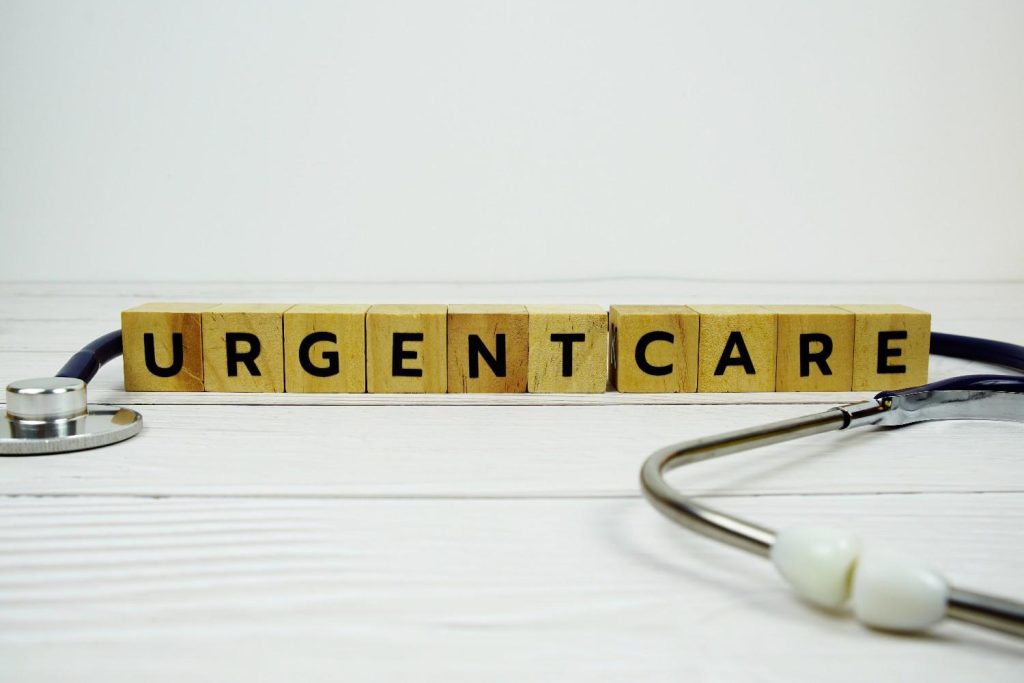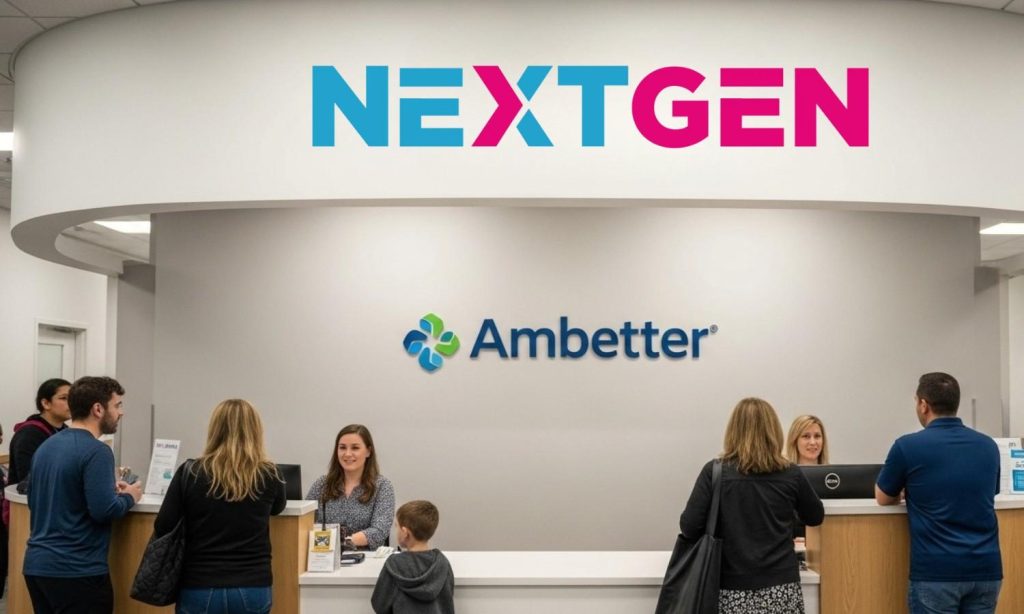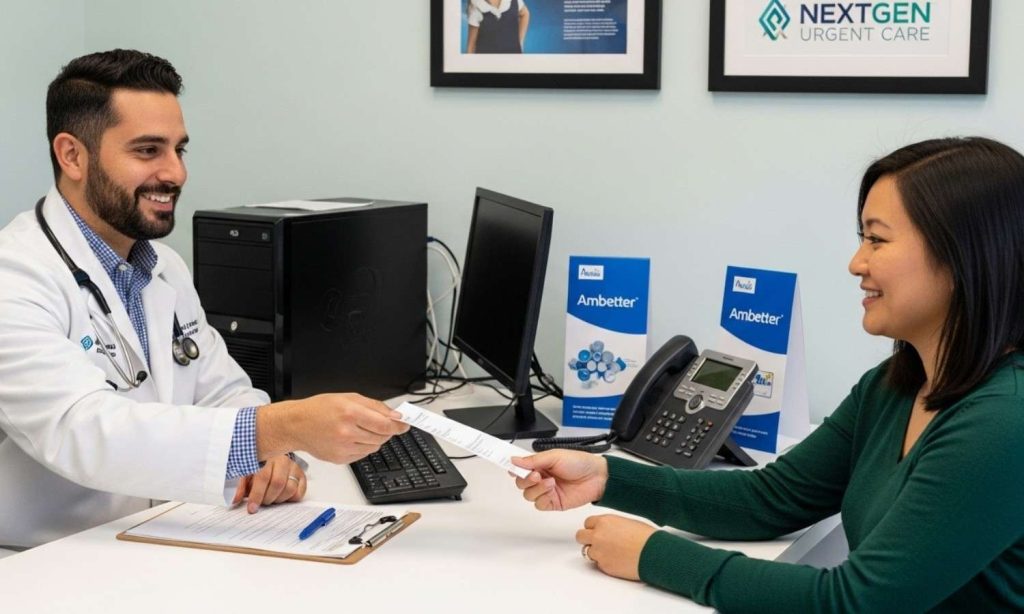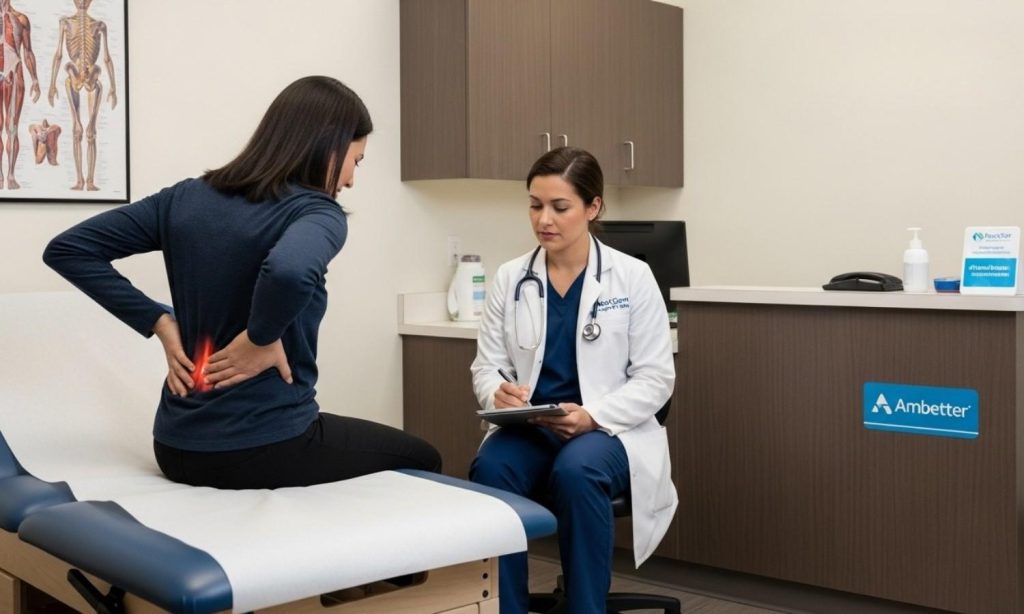What Can Urgent Care Treat?
July 26, 2025
In today’s busy world, urgent care clinics have become a trusted option for people seeking fast medical attention without the long waits or high costs of the emergency room. Urgent care fills a unique gap—offering same-day care for problems that are too pressing for a delayed doctor appointment but not serious enough for an ER. Open outside typical office hours, often on weekends and evenings, these clinics are staffed by physicians, nurse practitioners, and physician assistants trained in handling a broad range of medical issues. Many also have diagnostic labs and imaging services on-site, making them well-equipped to treat and manage immediate health concerns in one visit.
1. Common Illnesses Treated at Urgent Care
Urgent care centers frequently treat non-life-threatening illnesses that affect people of all ages. Whether you’re battling a seasonal virus or dealing with an unexpected infection, urgent care can provide relief quickly.
Examples Include:
- Upper respiratory infections: Cough, congestion, sore throat, sinus pressure, and post-nasal drip. These symptoms may signal a cold, bronchitis, sinusitis, or even mild pneumonia.
- Flu-like symptoms: Body aches, chills, fatigue, and fever. Clinics can test for influenza or COVID-19 and begin treatment early, especially if antivirals like Tamiflu are appropriate.
- Ear pain: Often due to infections, fluid buildup, or swimmer’s ear.
- Fever without a clear cause: Especially in children or elderly adults, where early detection of the source is important.
- Headaches or migraines: If chronic or unusually severe, urgent care providers can assess symptoms and prescribe pain management or refer for imaging if necessary.
- Sore throat and hoarseness: Often caused by strep throat, viral infections, or even vocal strain.
By offering rapid testing, symptomatic care, and prescriptions on-site, urgent care keeps patients from enduring unnecessary suffering while waiting for primary appointments.
2. Minor Injuries Treated at Urgent Care
Injuries are unpredictable. Urgent care is an excellent resource for treating non-critical injuries that still require timely evaluation and care.
Injuries Commonly Managed Include:
- Sprains and strains: From sports or accidents—often involving ankles, wrists, or knees.
- Minor bone fractures: Such as finger, toe, or hairline fractures. X-rays are often available on-site to confirm diagnosis.
- Cuts, scrapes, and lacerations: If you’ve suffered a wound that won’t stop bleeding or needs stitches, urgent care can clean, close, and bandage it properly.
- Minor burns: Like kitchen burns, sunburn, or scalds. These can be painful and require cleaning, pain relief, and dressing changes.
- Back pain and joint discomfort: Sudden onset or flare-ups of chronic issues, including muscle strain or mild arthritis.
- Eye injuries: Foreign objects, minor chemical exposure, or irritation from contact lenses.
Providers may recommend bracing, physical therapy follow-up, or even specialist referral when needed, but they’ll ensure the injury is evaluated and stabilized right away.

3. Skin Conditions and Mild Allergic Reactions
Skin issues are not only irritating but sometimes require prompt medical attention to avoid infection or spreading. Urgent care providers can evaluate and treat many dermatologic concerns quickly.
Common Skin Issues Treated:
- Rashes: From contact dermatitis (e.g., poison ivy) to allergic reactions or eczema.
- Insect bites and stings: Often treated with antihistamines or anti-itch creams to reduce swelling and discomfort.
- Mild to moderate hives: A reaction to allergens, foods, medications, or unknown triggers.
- Infected skin: Redness, warmth, pus, and tenderness could indicate cellulitis or an abscess.
- Fungal infections: Including ringworm, athlete’s foot, and jock itch.
Allergic Reactions Treated Include:
- Swelling of lips or face
- Mild shortness of breath
- Sneezing, itching, and watery eyes
- Mild asthma flare-ups
While severe allergic reactions need emergency care, urgent care is fully capable of treating mild to moderate allergic symptoms and preventing escalation with timely medication.
4. Infections Requiring Immediate Attention
When left untreated, infections can worsen quickly. That’s why urgent care plays a key role in diagnosing and managing non-emergency infectious conditions.
Examples Include:
- Urinary tract infections (UTIs): Often present with painful urination, urgency, or lower abdominal pain. Clinics can run urine tests and prescribe antibiotics.
- Sexually transmitted infections (STIs): Testing and treatment for chlamydia, gonorrhea, and more. Many clinics offer confidential screening services.
- Pink eye (conjunctivitis): Contagious but easily treatable. Providers determine if the cause is bacterial, viral, or allergic.
- Sinus and ear infections: When viral symptoms turn bacterial, antibiotics may be prescribed to prevent complications.
- Yeast infections or bacterial vaginosis: Treated with antifungal or antibiotic medications.
Urgent care allows patients to receive same-day treatment, often before infections become more serious or lead to complications like kidney infections or pneumonia.
5. Diagnostic Services and On-Site Lab Testing
Many people don’t realize that urgent care centers often offer the same diagnostics as hospitals and primary care providers—without the extended wait times.
On-Site Services Include:
- X-rays: To detect fractures, dislocations, and chest infections.
- Urinalysis: Used to identify infections, dehydration, or kidney issues.
- Blood tests: For conditions like anemia, infection, blood sugar levels, and more.
- Rapid diagnostic tests: For flu, COVID-19, strep, and mono.
- STD testing: Often done confidentially, with results within a few days.
- EKG testing: For heart rhythm checks in patients experiencing chest discomfort or palpitations.
These tests allow providers to diagnose, treat, and discharge patients in a single visit, making urgent care a reliable one-stop solution.
6. Preventive Care and General Health Services
While not a full replacement for regular primary care, many urgent care centers offer essential preventive services for individuals in need of quick or one-time medical evaluations.
Available Preventive Services:
- Flu shots and other vaccinations: Including tetanus, hepatitis A/B, and shingles.
- Blood pressure checks and cholesterol monitoring
- Physical exams: Required for school, sports teams, or employment.
- TB (tuberculosis) tests: Required by many employers and schools.
- Diabetes screenings: Including fasting glucose or A1C tests.
For patients who are uninsured, between doctors, or traveling, urgent care may be the most accessible option for these services.
7. Gender-Specific Health Concerns
Urgent care is also equipped to handle common health issues related to reproductive or urologic health, making them more inclusive and convenient for all.
Women’s Services Include:
- Emergency contraception
- Urinary symptoms or UTIs
- Pelvic discomfort or discharge
- Pregnancy tests
- Breast lump evaluation
Men’s Services Include:
- Pain or swelling in the testicles
- Urinary flow issues
- STD concerns or testing
- Concerns around erectile dysfunction
While long-term reproductive health issues still require a specialist, urgent care is the right first step for acute or new symptoms.
8. Work-Related and Travel Medical Services
Some urgent care locations offer specialized services to support occupational health and global travel, often in partnership with local businesses or public health organizations.
Occupational Health Services:
- Pre-employment physicals
- Drug screening and breathalyzer tests
- Workplace injury treatment and documentation
- Workers’ compensation care and follow-up
Travel Medicine Services:
- Travel vaccinations for countries with health requirements
- Antimalarial medications or preventive antibiotics
- Advice on food and water safety abroad
- Traveler’s diarrhea kits and motion sickness medications
These extra services make urgent care more than just a walk-in clinic—it becomes a valuable resource for specific life events and health compliance needs.

9. When Urgent Care Is Not Enough
There are limits to what urgent care can handle. If you’re experiencing a life-threatening condition, you should go directly to an emergency room or call 911.
Situations That Require Emergency Care:
- Chest pain, especially with arm or jaw pain
- Difficulty breathing or wheezing
- Signs of stroke (e.g., slurred speech, facial droop)
- Uncontrollable bleeding
- Head trauma or unconsciousness
- Sudden confusion or seizures
- Severe allergic reactions (anaphylaxis)
Urgent care is ideal for many medical needs—but not for true emergencies.
10. When to Choose Urgent Care Over ER or Primary Care
Making the right healthcare decision can save both time and money. Urgent care is a smart choice when:
- You need immediate treatment and can’t wait for an appointment.
- You’re uninsured or want to avoid ER costs.
- Your symptoms are worsening, but not severe enough for emergency care.
- Your primary care doctor is unavailable, especially on nights or weekends.
- You require quick lab tests, imaging, or a prescription refill.
By choosing urgent care wisely, patients can avoid unnecessary stress, delays, and financial burdens.
NextGen Primary Care Doctor Walk-in Clinic Houston & Urgent Care Serving the Gulfton Community and Beyond in Houston
NextGen Primary Care Doctor Walk-in Clinic Houston & Urgent Care is dedicated to serving the diverse needs of the local community of Houston, including individuals residing in neighborhoods like Gulfton. With its convenient location near landmarks such as Burnett Bayland Park and major intersections like Gulfton Street & Rampart Street (coordinates: 29.716698018741685, -95.48857835984587), we offer Ambetter approved urgent care services.
Get Ambetter Approved Urgent Care Services at Gulfton Now
Navigate from Gulfton to NextGen Primary Care Doctor Walk-in Clinic Houston & Urgent Care Now
Final Thoughts: Know Your Options, Stay Prepared
Urgent care centers are a valuable part of modern healthcare, offering timely and efficient treatment for a wide range of non-emergency medical needs. From simple illnesses and injuries to diagnostics, vaccinations, and preventive services, these clinics help patients receive quality care without the hassle of hospital visits or long waits for primary care.
Knowing what urgent care can treat helps you make better choices for yourself and your family—saving time, reducing stress, and keeping your health on track. The next time you’re feeling under the weather, dealing with a minor injury, or simply need fast, affordable care, consider your local urgent care center. You might be surprised by just how much they can help.
Frequently Asked Questions (FAQs)
1. What types of illnesses can urgent care treat?
Urgent care centers commonly treat colds, flu, strep throat, sinus infections, ear infections, and other non-severe illnesses. They also handle mild gastrointestinal symptoms like nausea or diarrhea.
2. Can urgent care handle broken bones or sprains?
Yes, urgent care clinics can treat minor fractures, sprains, and joint injuries. They often have on-site X-rays and can provide splints, slings, or crutches for support.
3. Does urgent care offer testing and lab services?
Many urgent care centers offer diagnostic testing, including X-rays, blood tests, urinalysis, and rapid tests for COVID-19, flu, or strep throat.
4. Can urgent care prescribe antibiotics or medications?
Yes, if your condition requires medication such as antibiotics, antivirals, or anti-inflammatories, urgent care providers can prescribe and send them to your pharmacy.
5. When should I go to urgent care instead of the emergency room?
Visit urgent care for non-life-threatening conditions that still need quick attention, like infections, minor injuries, or mild allergic reactions. For serious symptoms like chest pain or difficulty breathing, go to the ER.
Primary Care Join a team that’s passionate about compassionate, patient-first care. At NextGen Primary Care, your work truly makes a difference every day. or Call Us at (281) 888-7289
Related Posts
How Late Is Urgent Care Open?
Does Urgent Care Prescribe Pain Meds?
Should I Go to Urgent Care for Back Pain?
Walk In Anytime. We’re Ready
Whether it’s a sudden illness, minor injury, or something that just can’t wait — we’re here to provide fast, compassionate care when you need it most. No long waits, no unnecessary stress — just quality healthcare, right when it matters.
Convenient
Location
Call or Walk-In.
No Appointment Needed
Extended Hours,
7 Days a Week




